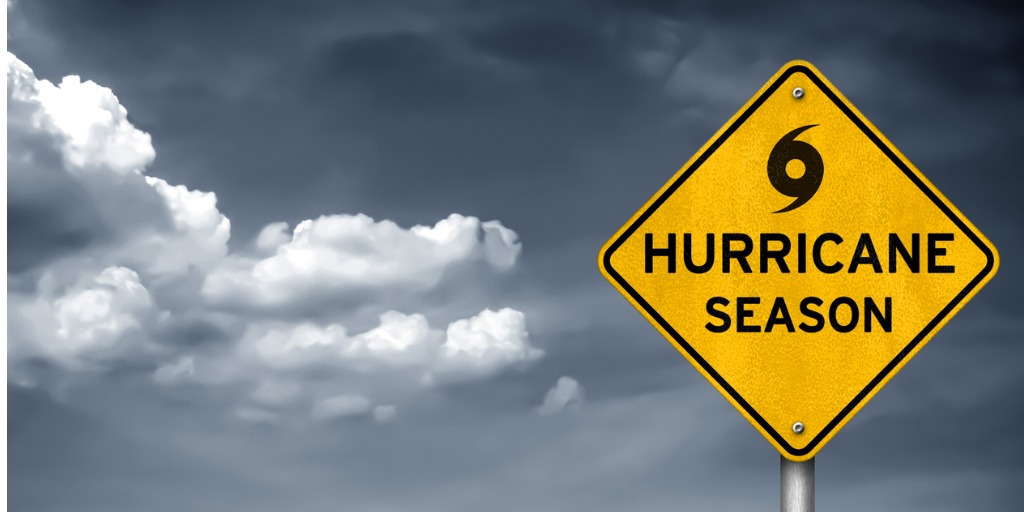
COVID-19 and social distancing: What happens if a hurricane strikes?

Ready or not, hurricane season is coming.
With the arrival of hurricane season, local emergency responders as well as public health officials are asking, how can people practice responsible social distancing if they find themselves suddenly ordered to evacuate to high ground?
The question is by no means academic. When Tropical Storm Cristobal first achieved tropical storm status in the Gulf of Mexico’s Bay of Campeche on June 2, it marked the first time in recorded history that three storms had achieved tropical status this early in the hurricane season. And Colorado State University, where experts specialize in predicting the severity of hurricane seasons, updated its forecast just last week, predicting 19 named storms this year, with nine hurricanes, four of them Category 3 or higher – portending massive, destructive storms.
Emergency responders and health officials say the problem is two-fold. First, some people may place themselves in danger by ignoring evacuation orders for fear that the place they are being told to evacuate to will not be safe from COVID-19. And second, shelters may be over-crowded, making it impossible to social distance.
“Disaster response to this hurricane season will be different than past seasons because of COVID-19,” Lea Crager, spokeswoman for the Federal Emergency Management Agency (FEMA), told the Washington Post. “We are looking at all the areas where we need additional precautions and can still meet survivors’ needs.”
The Post reports that those who go to traditional shelters likely will face temperature checks before boarding public transportation, then additional screening at the destination, so that infected evacuees and their families can be accommodated separately. Meals might be boxed rather than served in buffets. People will be required to wear masks. In some locales, officials are arranging for non-traditional potential shelters to open, such as hotels, college campuses, and campgrounds, which currently are empty due to the pandemic.
The Centers for Disease Control and Prevention has issued evacuation guidance, for example saying that shelters should be small, with fewer than 50 residents. But if a massive storm threatens densely populated regions, that could present challenges.
“We have got what we have got,” Sherry-Lea Bloodworth Botop, public information officer in Baldwin County, Alabama, told the Post. “There’s not going to be room for everyone.”
At a meeting in late May, FEMA’s head administrator told President Trump that the agency is “always ready” for hurricane season. Not everyone is so certain. Last week, the Post reports, FEMA was hosting one in a series of webinars to brief emergency responders, but the event had to be cancelled due to technical glitches. As that was happening, responders began typing, in public view, messages about their frustrations including one that read, “THIS IS A GIANT WASTE OF MY TIME.”
Craig Fugate, a well-respected former FEMA director, recently wrote a report about how disaster response staffing and budgets could be affected by COVID-19. He has several suggestions about what the agency’s current leadership could do in case of disaster. For example, many of the volunteers FEMA and local responders rely upon are elderly retirees, who of course face heightened risk from the virus. Fugate suggests replacing them with furloughed workers. And he recommends drawing on the hard-hit hospitality industry in U.S. coastal regions, for example using FEMA funding to enlist restaurants to cook meals for evacuees.
Still, advocates for those in vulnerable situations are worried. Marley Monacello works with migrant farmworkers in Florida. She is worried on two fronts – first, she fears having to evacuate to her elderly parents’ home – and thus potentially putting them at risk. And second, she is worried about a storm’s impact on farmworkers, who already have borne the brunt of the virus.
“It’s a nightmare to think about a huge hurricane coming and people in town needing to go into shelters,” she said. “It’s the worst-case scenario in terms of exacerbating the pandemic.”

